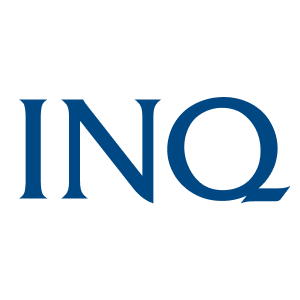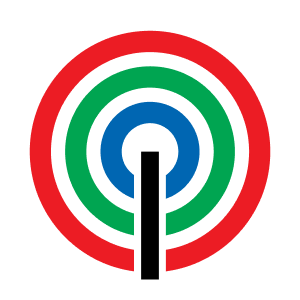The Department of Information and Communications Technology (DICT) is defending the Konektadong Pinoy Bill, which aims to modernize digital infrastructure and expand internet access.
The bill, which has been approved by Congress and is awaiting the president's signature, has faced criticism from cybersecurity groups and telecommunications operators over potential loopholes for foreign-controlled entities.
The Philippine Chamber of Telecommunication Operators (PCTO) warned that the bill would allow new industry players to operate without a congressional franchise, delay cybersecurity certification for up to two years, and deregulate radio frequency use.
However, the DICT clarified that the bill intends to strengthen the National Telecommunications Commission's (NTC) mandate and improve its ability to enforce regulations, modernizing its powers to respond faster and more effectively to digital-age challenges.
The agency emphasized that "The DICT, in coordination with national security agencies, will ensure that no foreign-controlled entity gains access to critical digital infrastructure without undergoing multi-layered vetting and continuous monitoring."
Under Section 8, foreign entities intending to operate in the country's data transmission sector will be subjected to the Foreign Investments Act of 1991 and the Public Service Act.
The DICT assured that no entity would operate without proper authorization and must meet rigorous security standards, with critical digital infrastructure remaining protected under existing laws.
Topics in this story
Explore more stories about these topics.
🤖
This story was generated by AI to help you understand the key points. For more detailed coverage, please see the news articles from trusted media outlets below.
News Sources
See how different news organizations are covering this story. Below are the original articles from various Philippine news sources that contributed to this summary.






